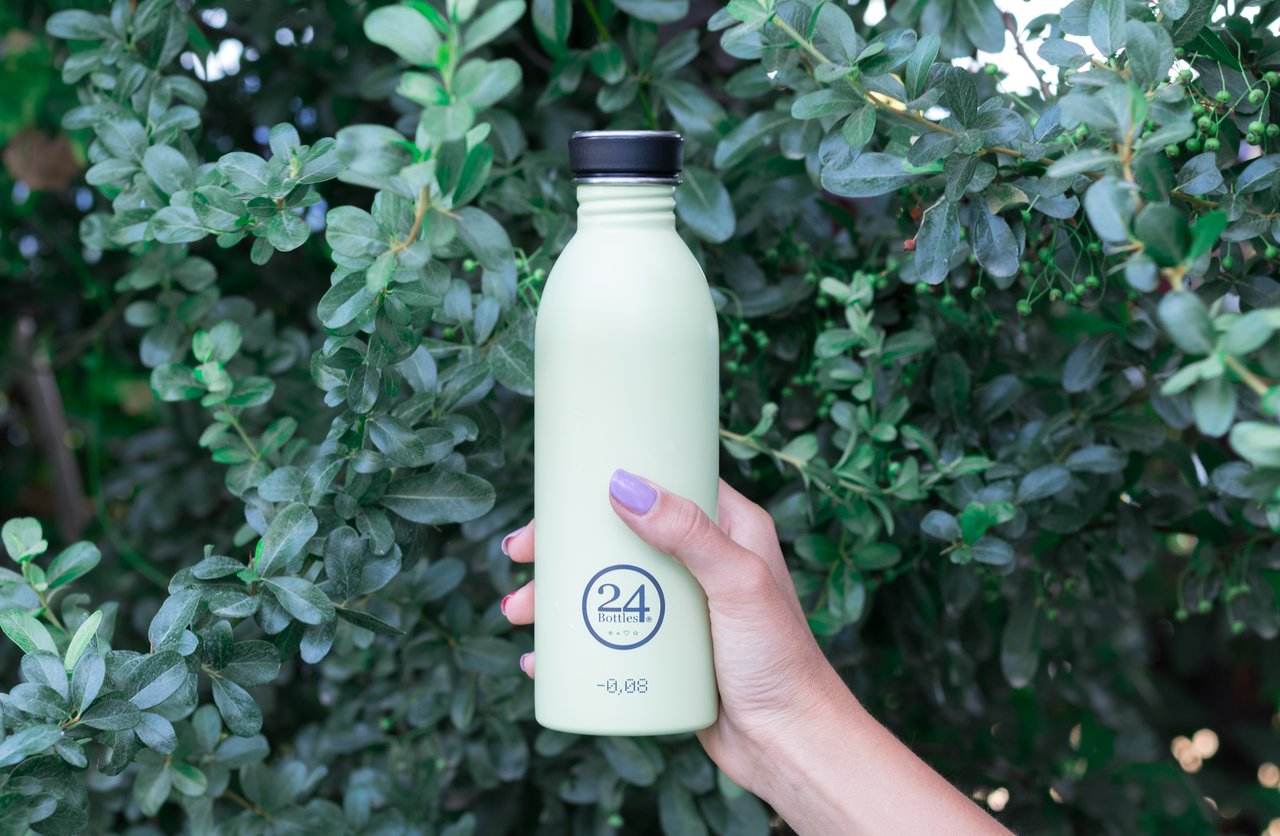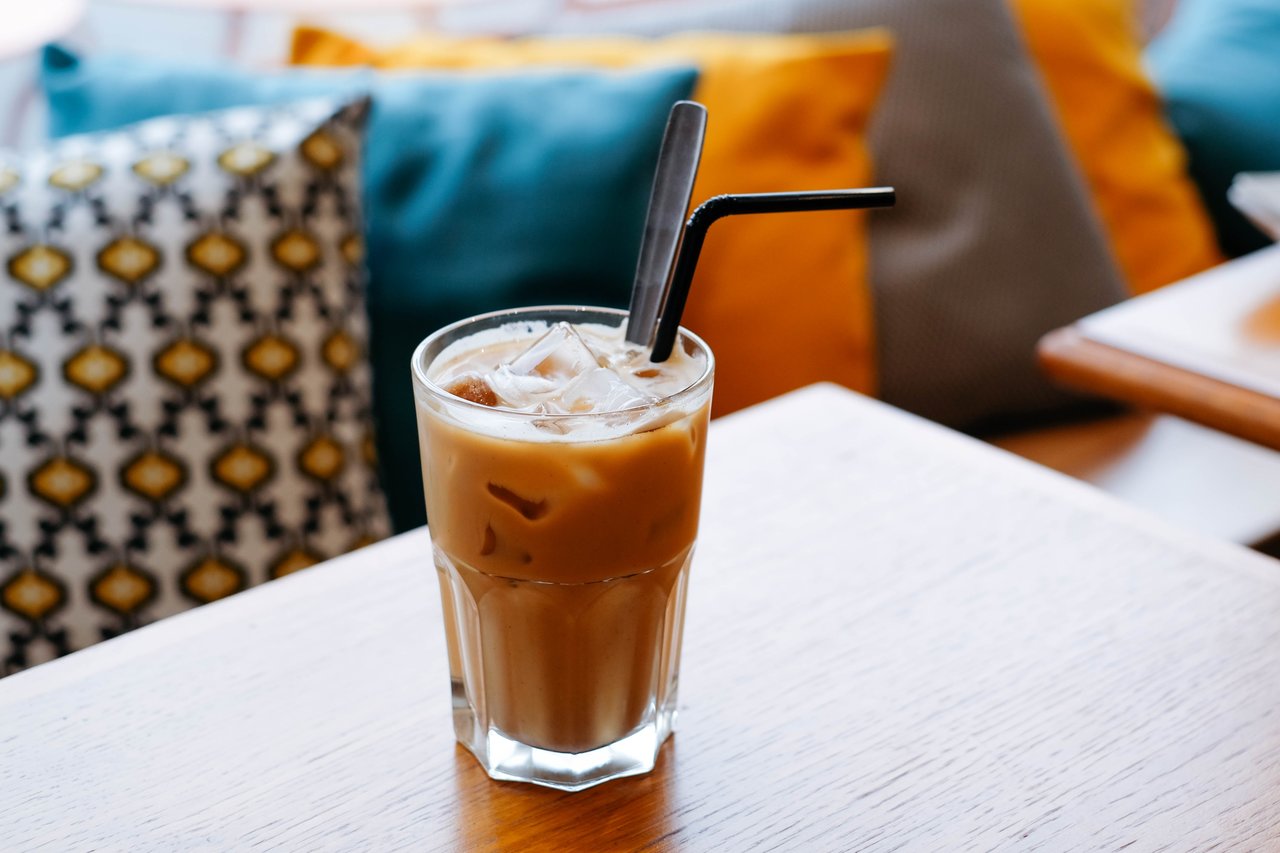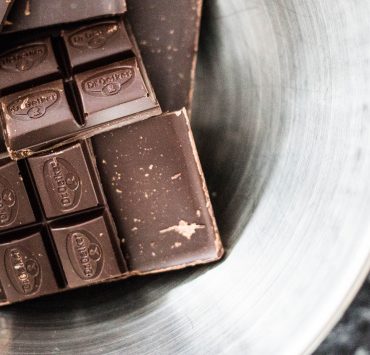Recently, Starbucks UK announced that they will be charging five British pennies on disposable cups. It’s a trial so far, effective in 25 stores across London. Apparently, there’s also a 25-penny discount for using reusable containers.
This is all because of the discovery that paper cups aren’t exactly as recyclable as we thought it was: To keep the cup from disintegrating and to keep the drink warm, there’s a thin coat of plastic inside your cups, thus making them unrecyclable.
It’s great that there are initiatives like this—honestly, it should be implemented world-wide already. But I think we need a bigger push to go waste-free. After all, many people still have the “convenience trumps all” mindset. (I see it in my household every day, myself.) Like, what’s a few pesos if it means carrying groceries in an easier-to-hold plastic bag?
Here are some suggestions that not only coffee shops, but I think other establishments can implement.
Bigger discounts for those who practice BYOB

I first heard of BYOB—bring your own baunan—in college. If I remember correctly, we’d get a five to 10 peso discount on our meals if we provided our own containers. In hindsight, it does seem like a small amount (but granted, for a college student’s budget, every peso counts). But just imagine if all establishments could implement this.
Aside from (or maybe instead of?) discounts, freebies can also be used to entice people to bring their own containers. For example, McDonald’s offers a free refill if you buy a large cup of coffee. What if instead of having this for upsizing your morning brew, you’d get the one free refill if you brought your own cup or tumbler? Not only will you get bang for your buck, you’d be helping the environment a bit, too.
Alternatively, a higher price to pay for takeaway
If we really want people to stop using plastic or non-recyclables, we better make sure they’re only going to choose it as a last resort. Offer washable, ceramic glasses or cups (at regular prices) for those dining in. This way, you can help promote a lifestyle that puts value in actually sitting down to enjoy your meal, and you can also advocate for less single-use products.
Make reusable straws more accessible

Okay, this may take a bigger investment on the part of cafes and restaurants, but hear me out: If you sell reusable straws—steel ones, for example—as part of your brand’s merchandise, your loyal customers might be more enticed to buy and use them. Not only are you helping your own business reduce plastic use and production, you’re also going to help others in a large scale. Your customers can use their straws anywhere now (and that’s also free advertising right there).
Of course, these will only work if the consumers themselves support the initiatives. So if we do see trials of these no-straws or no-plastic rules, let’s do our best to follow them. We can only succeed in eliminating plastic waste (and stopping it from ending up in our seas and food) if we take the initiative to go waste-free, too.
Photos courtesy of Unsplash.
Read more:
LOOK: Hundreds of plastic bottles are crammed on a ledge of a building in Manila
You could be eating plastic right now
A case against plastic straws: Are they really necessary?
Sustainable gift guide for a guilt-free gift giving
Say goodbye to plastic with these plant-based alternatives
Writer: PAULINE MIRANDA




